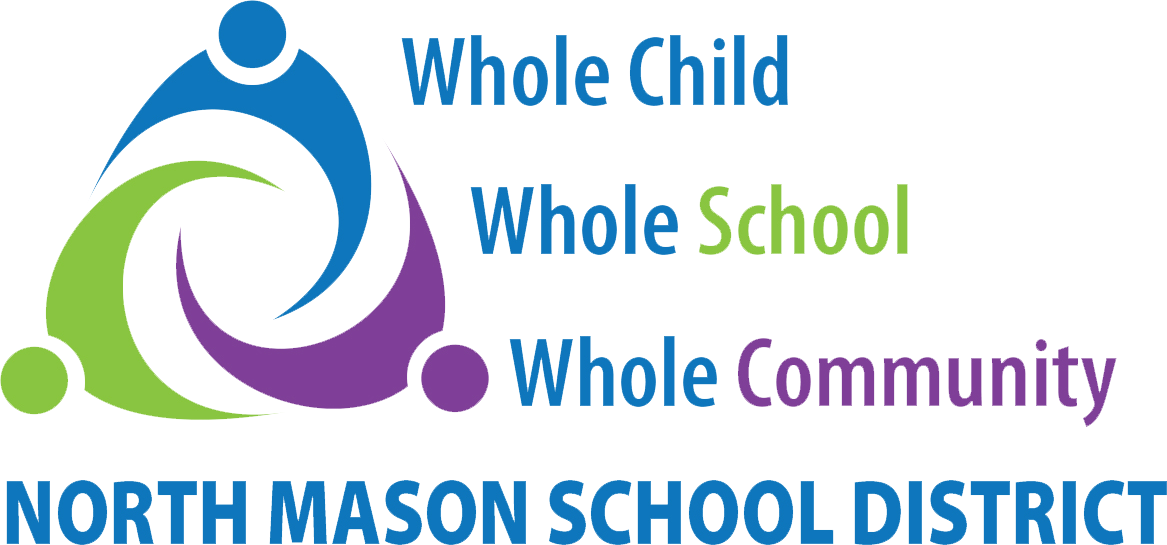Savannah Elliott, NMSD's district assessment coordinator and highly capable services coordinator, brings Junior Great Books program to Belfair, WA.
https://www.greatbooks.org/junior-great-books-in-belfair-washington/
Program brings the opportunity for enrichment and civil discourse
Savannah Elliott, who serves as both the district assessment coordinator and highly capable services coordinator for North Mason School District in Belfair, WA, has brought Junior Great Books® across the country with her, having taught the program in Washington, DC, just a few years ago. She was instrumental in bringing the program to North Mason’s third, fourth, and fifth graders for WIN (What I Need) time beginning this school year.
“I remembered this program, and I loved it,” Elliott says. “And I loved doing it with my kids. So I thought, ‘Yes, we need to bring that here.’ ”
“The biggest benefit for students is the flexibility in thinking Junior Great Books encourages,” Elliott continues. “Students understand that you can have different interpretations of the same text, and that’s okay—especially in the world that we currently live in! Our third, fourth, and fifth graders are not shielded from the political climate of our world, and they sometimes come to us with the idea that ‘this is right,’ and everything else is wrong. So getting them to see that one person thinks this, another thinks that, and a third thinks something else is important.
“Learning how to agree and disagree respectfully is really big for kids, as well as learning how to talk directly to another human being . . . because they are behind their screens all the time. In Junior Great Books, they look at the person they are talking to, and don’t try to shut down an idea that is different from their own.”
Shared Inquiry Gives Teachers the Tools They Need
Teachers at North Mason are excited to have the tools that Junior Great Books and the Shared Inquiry™ method offer to enrich learning for their WIN sessions, which are scheduled Monday through Friday for 30 to 40 minutes each day. Elliott plans to make JGB available to at or above grade-level readers during WIN time, with teachers having the option to conduct JGB sessions for additional children at other times.
Great Books Professional Learning Consultant Teri Laliberte conducted a two-day, in-person Shared Inquiry Essentials course for the North Mason teachers in August. “I was loving it,” Elliott says, “It’s so amazing.
“The teachers are excited to have something for their kids that they can go to. And they loved the teaching strategy of Shared Inquiry. By the end of the training, teachers were saying ‘Oh, I could use this in math, I could use this in social studies,’ and I said ‘Yes, you can use it everywhere!’”
Elliott notes that it is a challenge to balance the needs of students who need to work on phonics and phonemic awareness with those who do not at the third grade level and above. That is why using Junior Great Books during WIN time is part of this year’s plan. “Regarding the students who are at or above grade level on reading, in the past we’ve thought ‘Oh, they’re already on or above grade level, so they’re good.’ But we took a hard look at our data over the past couple years and realized those kids are stagnant because they are not being challenged, they’re not being engaged.”
Pushing Students Further
Junior Great Books will give students, in Elliott’s eyes, something that they can get excited about. “We don’t need to teach them how to read,” she notes. “We have fifth graders, for example, who are already reading at an eighth-grade level.
“But can you talk about what you’re reading? Can you have a civil discussion about what you’re reading? Can you write about what you’re reading? Those are the three things that we really wanted to push on those kids. They may not be a fan of doing those things, so we think Junior Great Books will help improve writing skills, as well as help them have a conversation or group discussion. The goal for our at or above grade-level friends is to get them to use what they’re reading to write and talk about it.”
Elliott is hoping that the Shared Inquiry training and practice using Junior Great Books will help teachers get more “bang for their buck” with the district’s core reading curriculum as well. “Though our core curriculum is ‘discussion based,’ the teacher’s manual has a question and there is one exact answer that is expected from the students.
“When the teachers took Shared Inquiry training, they realized they could augment questions for texts in the core curriculum and turn them into actual discussions with more than one answer. This way, they can expose students at all reading levels to more fully fledged discussions.”
Educators Who Were Junior Great Books Kids
North Mason teachers are very excited about starting with Junior Great Books, especially those who participated in the program as students themselves. “I had several teachers say to me, ‘I loved Junior Great Books when I was a kid.’ It was funny that they still remember it to this day, when they haven’t been in elementary school for 30 or 40 years.
“When I was presenting this idea to the school board, one member just lit up when I said ‘Junior Great Books.’ She said, ‘Oh, I loved doing that program!’ “
With teacher enthusiasm and school board support, Elliott is hoping for a very fruitful implementation. “When I said we were going to start with third, fourth, and fifth grade, the kindergarten, first, and second grade teachers were saying ‘Hey, what about us?’ Because many of them did Junior Great Books when they were kids and they loved it. I said ‘There’s only so much money in the budget—give me a little time!’ “
We hope North Mason has a great 2024–25 school year and look forward to helping them expand their program by popular demand next year!

